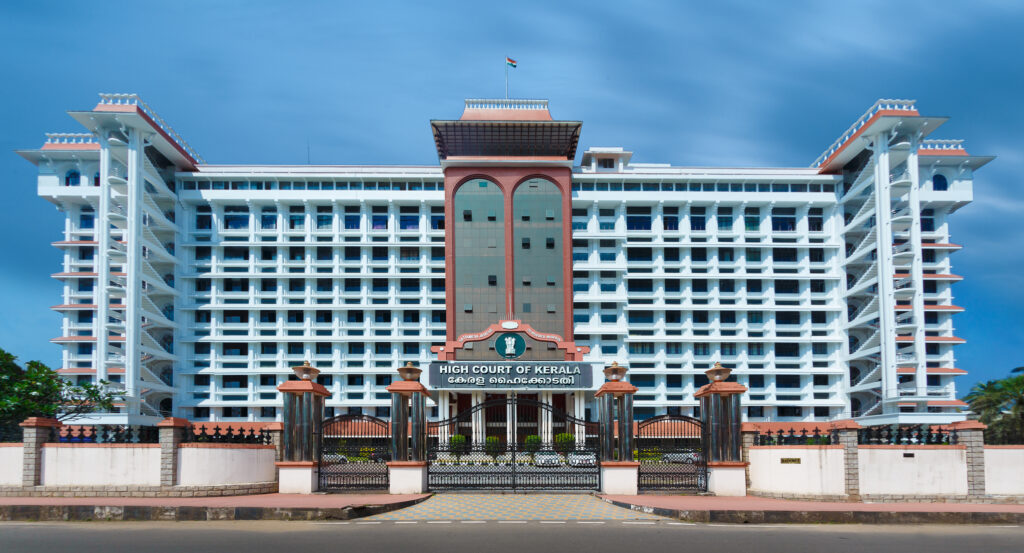The Kerala High Court stated that the principle of estoppel does not apply when a court needs to fix a mistake.

The Kerala High Court recently noted that if the Court makes a mistake in an order, the principle of estoppel cannot stop a party from challenging that order, even if they have gained from it before. This was stated by Justices PB Suresh Kumar and C Pratheep Kumar while revisiting an order related to a child custody case.
The recalled order had given temporary custody of a child to the father, allowing the mother to apply for custody later, once she found a job in Canada where she wanted to take the child. However, the father later filed a plea to revise the decision, arguing that it did not address important issues raised in the High Court. The father’s ex-wife opposed this plea, stating that he had already benefited from the order and had taken custody of the child based on it. Her lawyer argued that the father could not challenge the order after gaining from it.
The Court, however, identified clear mistakes in the order that justified its recall. The Court emphasized that fairness and justice should take precedence over strict legal rules like estoppel, especially in child welfare cases. “While it is true that one may lose the right to contest a judgment by accepting its benefits, this rule is meant to ensure fairness and should not be applied in a way that goes against what is right and just. Furthermore, there can be no estoppel against a party when the court itself has made an error, and the court has a duty to correct its own mistakes,” the Court stated.
The child custody case started in a family court in Thrissur. After mediation, it was agreed that the mother would have permanent custody, and the father would have visitation rights. Later, the mother remarried and moved to Canada for her studies. This prompted the father to request changes to the custody arrangement, seeking permanent custody and permission to take the child to Dubai, where he worked. The mother also applied for permission to take the child to Canada.
The family court denied the mother’s requests and allowed the father to take the child to Dubai, but only in the next academic year. Both parents then went to the High Court. The father wanted to take the child to Dubai right away, while the mother wanted to take him to Canada. The High Court issued a temporary order allowing the father to take the child to Dubai immediately, but stated that the mother could apply for custody in the family court once she found a job in Canada.
The father contested this decision by filing a review petition. His main issue was with the High Court’s ruling that his custody rights were dependent on the mother’s rights after she got a job in Canada. The mother argued that since the father had already taken custody of the child based on the order, he could not change it now due to the principle of estoppel. After reviewing both sides, the Court found significant mistakes in its previous ruling and decided to overturn it. The Court stated that the mother should not gain from these mistakes and noted that child custody orders can be changed if circumstances change.
The Court accepted the father’s review petition, overturned its earlier decision, and scheduled a new hearing. The Court mentioned, “Since the petitioner has benefited from the order in O.P.(FC) No.683 of 2023, which has now been revoked, the respondent can request suitable interim orders in the original petitions.”
The father was represented by Senior Counsel Dhanya P Ashokan along with advocates MR Venugopal, S Muhammad Alikhan, and Anjana S Raj. The mother was represented by advocates Praveen K Joy and ES Saneej.








